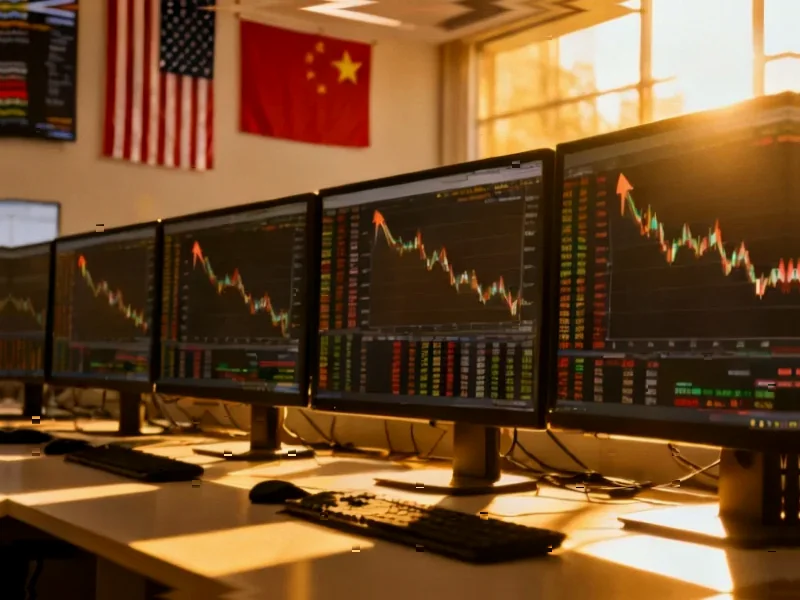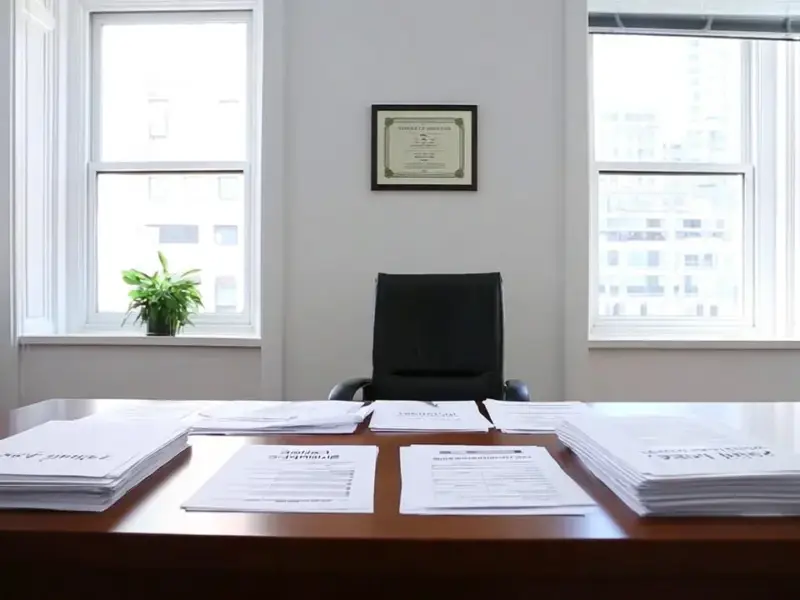According to Financial Times News, businesses, lawmakers, and former US officials are pressing the Supreme Court to rule against Donald Trump’s use of emergency tariff powers ahead of a Wednesday hearing. Approximately 40 legal briefs have been filed by groups ranging from the US Chamber of Commerce to former national security officials opposing the policy Trump used to wage trade wars, while fewer than 10 briefs support the president. The case could determine the future of more than $50 billion in extra tariff revenue collected in 2025 and affects Trump’s declaration of the persistent trade deficit as a national emergency under the International Emergency Economic Powers Act. Two separate lower courts have already ruled against the president’s authority, creating a constitutional showdown that legal experts predict will be studied for generations.
The Constitutional Separation of Powers at Stake
This case represents one of the most significant tests of presidential authority in modern trade policy history. The core constitutional question revolves around the separation of powers established in Article I, which grants Congress authority over tariffs and revenue-raising measures, versus Article II’s broad presidential powers over foreign policy. What makes this particularly complex is that trade policy inherently straddles both domains – it involves international relations and diplomacy while directly impacting federal revenue and domestic economic policy. The International Emergency Economic Powers Act was originally designed for genuine national security emergencies, not persistent economic conditions like trade deficits, creating a legal gray area that the Court must now clarify.
The Real Business Impact Beyond Legal Theory
While the constitutional arguments dominate legal briefs, the practical business consequences are equally profound. The Chamber of Commerce’s warning about delayed capital investments reflects a deeper economic reality: businesses operate on predictability. When tariff policy can shift dramatically through emergency declarations rather than congressional process, companies face impossible planning challenges. Supply chains that took years to build become vulnerable overnight, manufacturing decisions require political forecasting rather than market analysis, and long-term investment becomes a gamble on presidential discretion. This uncertainty tax may ultimately cost the economy more than the tariffs themselves, as businesses hedge against potential policy shifts rather than pursuing optimal efficiency.
How We Reached This Constitutional Crossroads
The expansion of presidential trade authority didn’t begin with Trump – it has been building for decades through various trade acts and emergency powers legislation. The Trade Act of 1974 first expanded presidential authority in trade negotiations, while subsequent administrations have tested the boundaries of executive power in economic matters. What makes Trump’s approach different is the scale and methodology: declaring a persistent trade deficit as a “national emergency” represents a fundamental reinterpretation of emergency powers that, if upheld, could create a precedent allowing future presidents to bypass Congress on virtually any economic issue they deem urgent. This isn’t merely about tariffs – it’s about the balance of economic governance in a globalized world.
What Happens Regardless of the Ruling
The most telling insight from trade experts quoted in the coverage is that tariffs will likely continue regardless of the Court’s decision. As Georgetown law professor Kathleen Claussen noted, the administration has multiple legal pathways to maintain tariff pressure. The Section 301 authority provides broad discretion to address unfair trade practices, while national security provisions under Section 232 offer another route. The real significance of this case may be less about immediate tariff levels and more about establishing constitutional boundaries for future administrations. A ruling against the emergency powers approach would force more transparent and deliberate processes, while an affirmation could fundamentally reshape how economic policy is made in America.
The International Dimension Beyond US Borders
This constitutional debate occurs against a backdrop of global trade fragmentation and rising protectionism worldwide. Other nations are watching closely because the outcome will influence how trading partners structure their own emergency economic powers and respond to US trade actions. The case also highlights a fundamental tension in modern governance: the need for executive agility in a fast-moving global economy versus the democratic accountability of legislative process. As trade becomes increasingly weaponized for strategic competition, the Court’s decision will either reinforce congressional oversight or empower unilateral executive action in an arena where speed and secrecy often provide tactical advantages.




